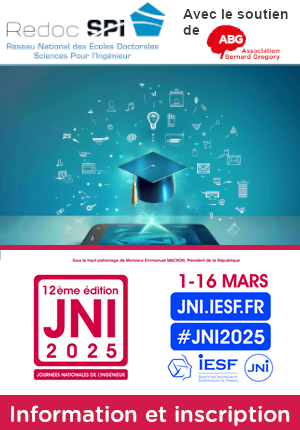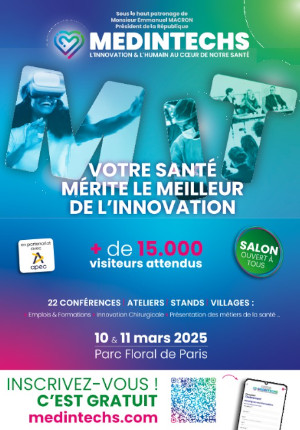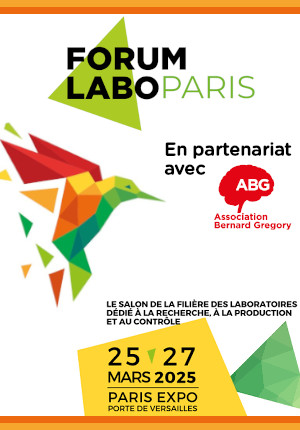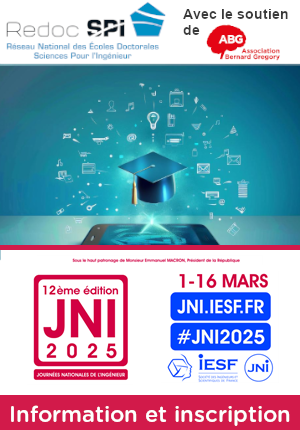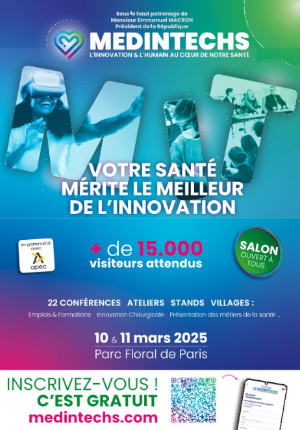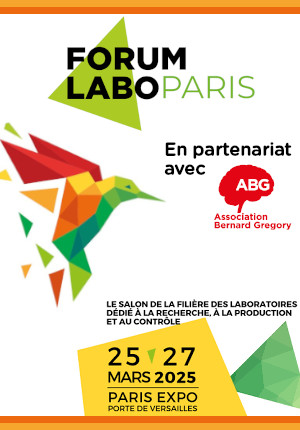COFUND PhD position – Fast simulation of particle flows for the next generation of green energy systems
| ABG-128004 | Sujet de Thèse | |
| 17/01/2025 | Financement de l'Union européenne |

- Sciences de l’ingénieur
- Mathématiques
- Numérique
Description du sujet
Title of the thesis project: Fast simulation of particle flows for the next generation of green energy systems
Context and research project
The simulation of particle flows is generally used in the design and optimization of solar thermal receivers, transport and storage systems, and the corresponding fluidized beds and reactors. These applications usually need numerical simulation technology that allows, with precision and controlled computational cost, to understand their behaviour in terms of energy transfer and flow evolution. Therefore, an effort will focus on the simulation of these flows with different computational techniques such as CFD (Computational Fluid Dynamics) or model reduction technique.
The mathematical modelling of the solid phase (e.g., particle) is based on kinetic theory of gases, with several approaches. There is a type of alternative models that take into account conservation principles only for the fluid phase. The effect of the particles on the fluid phase is modelled through a special rheology, in which the viscosity depends on the volume fraction of the solid phase. This is the case for example of the SIM model -Shear Induced Model- by Phillips, that we intend to pursue as main objective in the present thesis project.
In the thermal fluidized bed model SIM, the action of particles in a fluid with a suspension at high solid volume fractions is formulated through a variable dynamic viscosity, where the transport velocity is that of the suspension. This model can be extended by adding the energy conservation equation to turbulent thermal flows, which is one of the main scientific challenges we will pursue in this thesis project. On the other hand, it is proposed to model the sub-mesh effects using Variational Multi-Scales (VMS) type models, which will allow the use of coarser meshes and reduce calculation times. The IMUS team has several decades of experience in VMS models and models for turbulent flows.
The proposed numerical model addresses the need to solve efficiently large systems of algebraic equations by iterative methods. Thus, apart from taking advantage of parallel computing environment both at La Rochelle and IMUS, we propose the use of Reduced Order Models (ROMs) to address the design and operational optimization of the fluidized bed thermal system. ROMs achieve reductions of several orders of magnitude in computational times. In the case of turbulent flows, the proportion in the reduction of computational time is typically two orders of magnitude. Techniques such as High Order Singular Value Decomposition (HOSVD), Proper Generalized Decompisition (PGD), or Radial Basis Function (RBF), construct the parametric solution as a tensor function that separates the dependence on the parameters from the dependence on the spatio-temporal variables. Another possible approach is to write the parametric solutions in reduced form and then interpolate (according to the parameter dependence) them using reduced basis interpolation techniques based on geodesics on the Grassmann manifold (such as the Bi-ITSGM method, for example). The IMUS team and LaSIE team have a decade of experience in approximating PDEs and parametric functions by reduced order models. In addition, the IMUS and Virtualmechanics groups are participating in a European project on reduced-order modelling for industrial problems: H2020-ARIA “Accurate Reduced Order Models for Industrial Applications”, together with R&D centres and companies such as INRIA (France), SISSA (Italy) and Volkswagen (Germany).
Prise de fonction :
Nature du financement
Précisions sur le financement
Présentation établissement et labo d'accueil
Since its creation in 1993, La Rochelle University has been on a path of differentiation.
Thirty years later, as the university landscape recomposes itself, it continues to assert an original proposition, based on a strong identity and bold projects, in a human-scale establishment located in an exceptional setting.
Anchored in a region with highly distinctive coastal features, La Rochelle University has turned this singularity into a veritable signature, in the service of a new model. Its research it addresses
the societal challenges related to Smart Urban Coastal Sustainability (SmUCS).
The new recruit will join the Laboratory of Engineering Sciences for the Environment (LaSiE).
Cotuelle: University of Seville (USE), Spain. Institute of Mathematics of the University of Seville (IMUS).
Etablissement délivrant le doctorat
Profil du candidat
Skills: numerical and mathematical modelling, fluid mechanics, programming, digital simulation, machine learning.
Vous avez déjà un compte ?
Nouvel utilisateur ?
Vous souhaitez recevoir nos infolettres ?
Découvrez nos adhérents
 PhDOOC
PhDOOC  Aérocentre, Pôle d'excellence régional
Aérocentre, Pôle d'excellence régional  ANRT
ANRT  CESI
CESI  Nokia Bell Labs France
Nokia Bell Labs France  Institut de Radioprotection et de Sureté Nucléaire - IRSN - Siège
Institut de Radioprotection et de Sureté Nucléaire - IRSN - Siège  Groupe AFNOR - Association française de normalisation
Groupe AFNOR - Association française de normalisation  TotalEnergies
TotalEnergies  Généthon
Généthon  Institut Sup'biotech de Paris
Institut Sup'biotech de Paris  Tecknowmetrix
Tecknowmetrix  CASDEN
CASDEN  MabDesign
MabDesign  Laboratoire National de Métrologie et d'Essais - LNE
Laboratoire National de Métrologie et d'Essais - LNE  ONERA - The French Aerospace Lab
ONERA - The French Aerospace Lab  Ifremer
Ifremer  ADEME
ADEME  SUEZ
SUEZ  MabDesign
MabDesign



